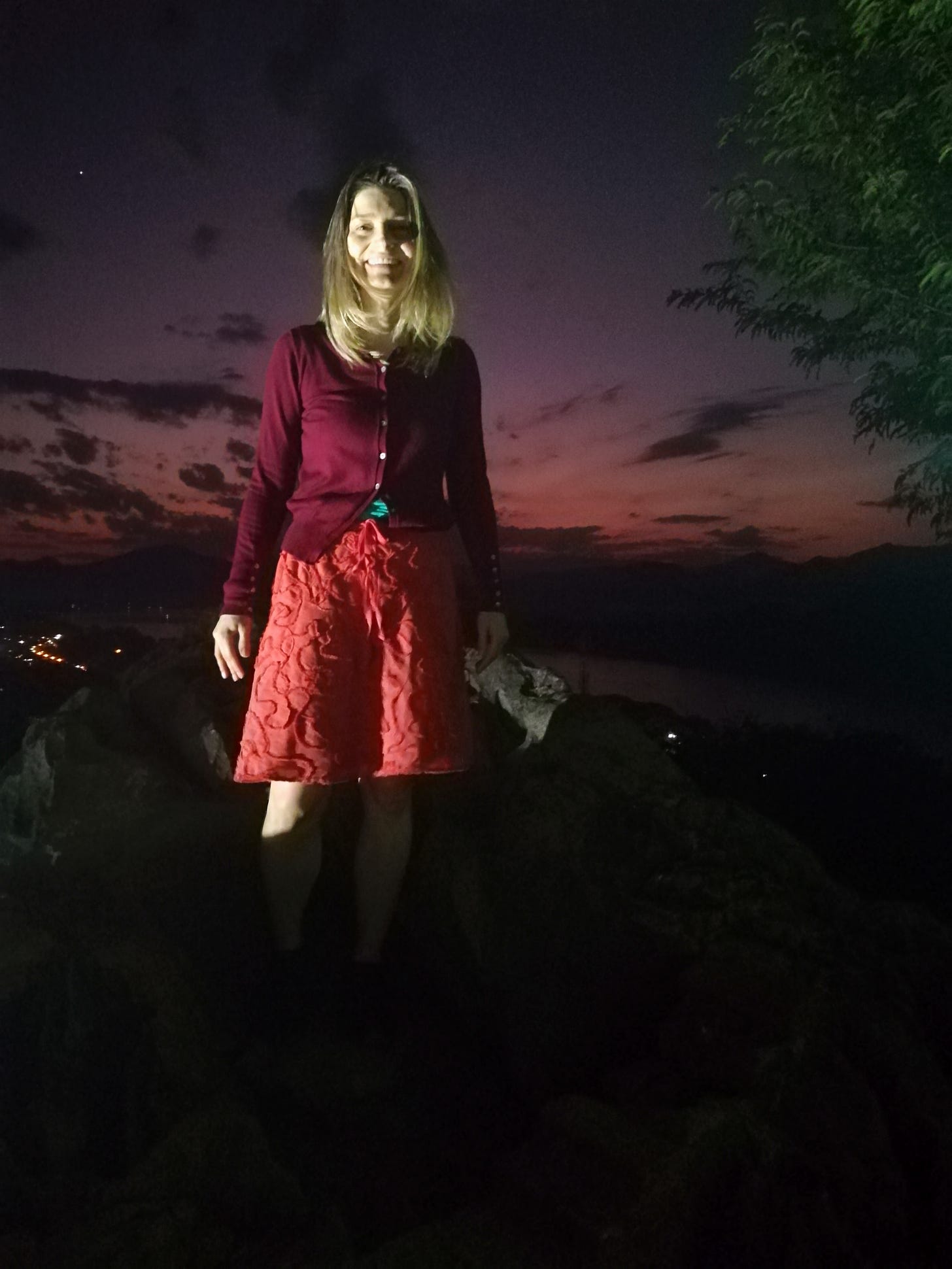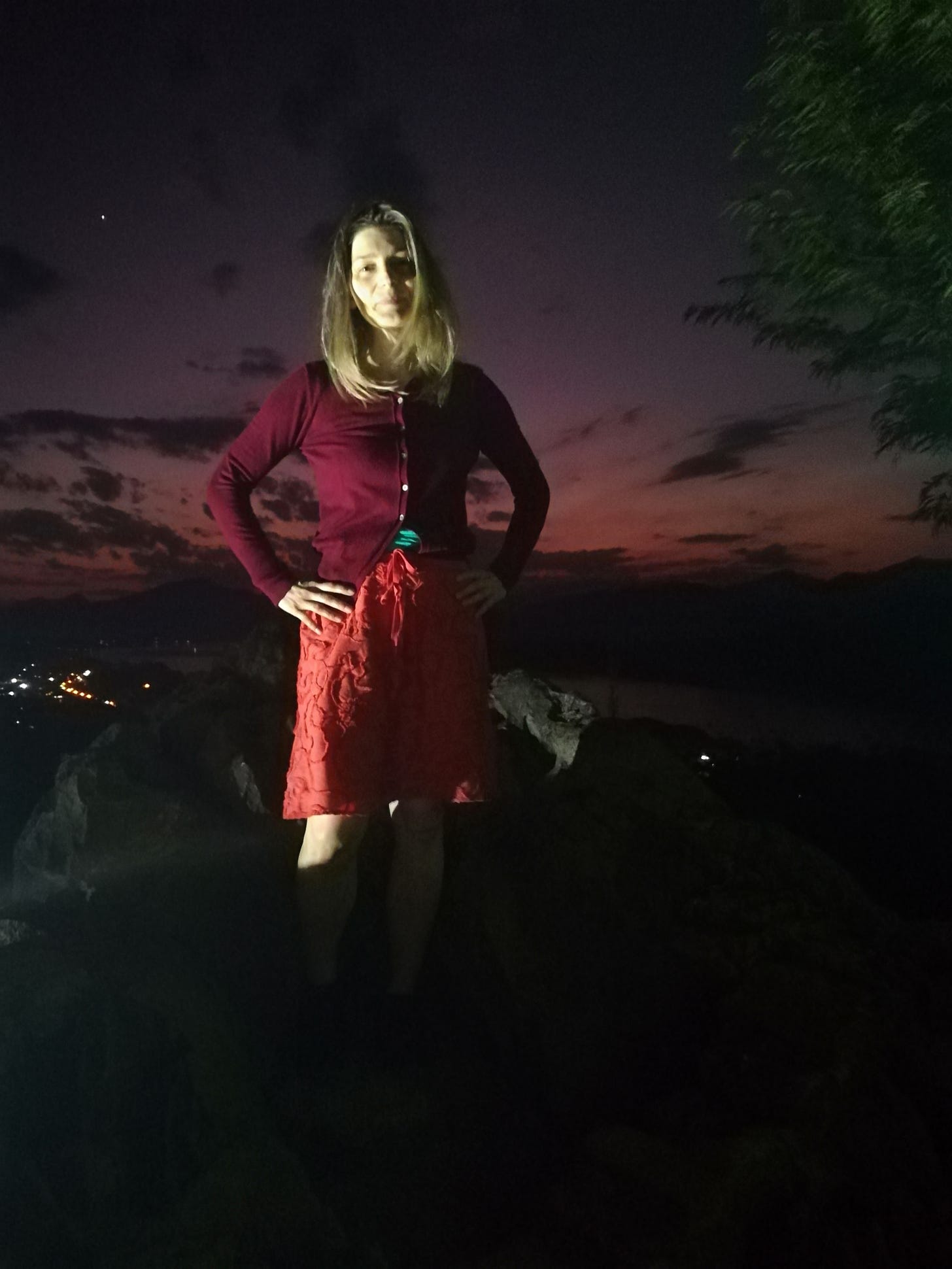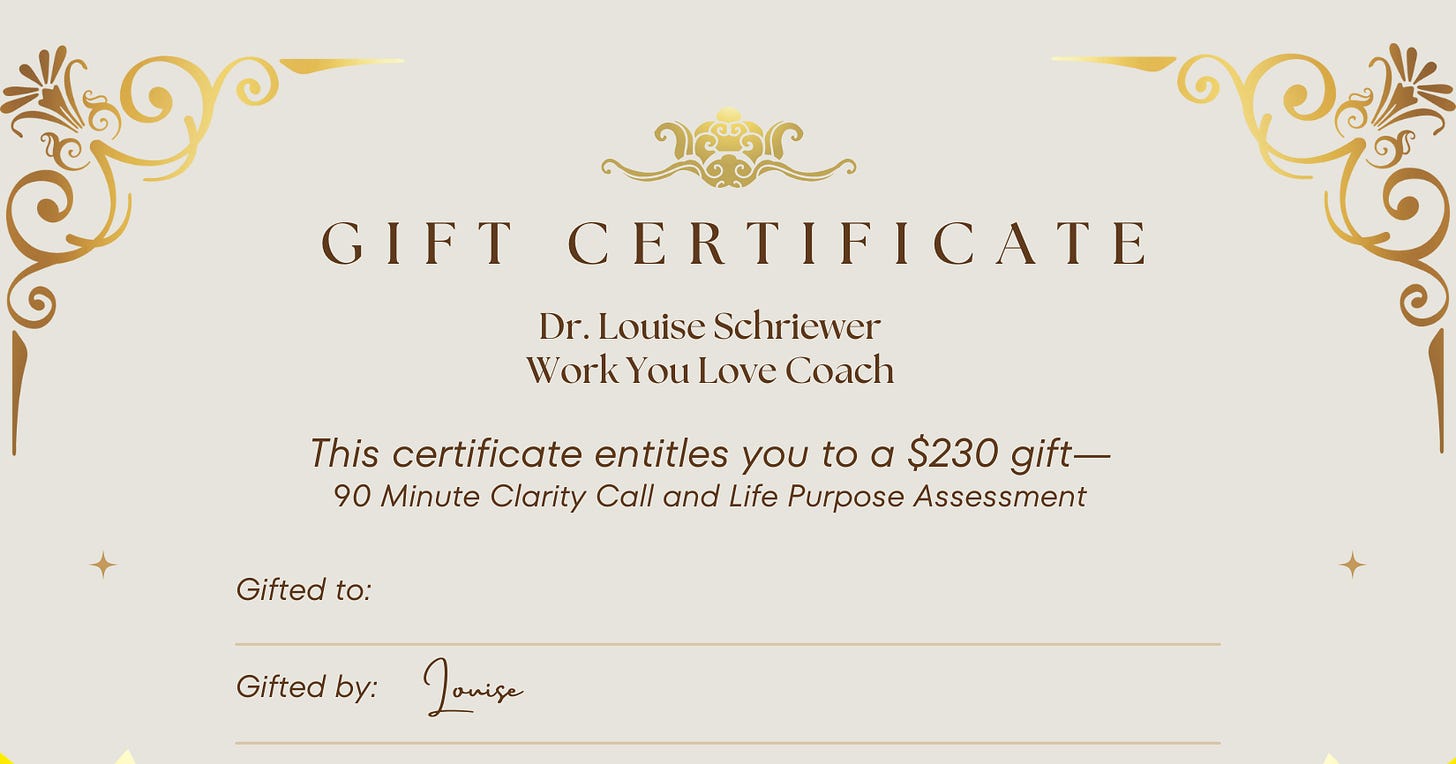Finicky desires: are you finding it hard to know what you REALLY want?
The inverse clarity principle to the rescue.
Hi friend,
There are two forces we continually bump up against if we want to pursue our calling and live a purposeful life:
desire, and
fear.
Desire is an expansive force, while fear is a constrictive force. As Italian philosopher, poet, and astronomer Giordano Bruno put i:
“Desire urges me on, while fear bridals me.”
Over the next few weeks, I will share more about these primal forces in our life, as well as the interplay between them. (Here’s my last article, if you missed.)
Today, we will look into desire—how can you know what you actually want?
But before we do that, let’s talk about one of my desires: I’d love to reach more people who could use what I have to offer.
Can you help me accomplish my desire by sharing this article with a friend who might enjoy it? Thank you!Unclarity about what you want
Have you ever spend some time thinking about your goals... only to realize you don’t really know what you want? 🤔
I certainly have. There was a time in my life when I thought that was a rather unusual problem to have. After all, doesn’t everyone know what they want?
Over time, and after many conversations with other people, I realized that this is not true.
I can’t tell you how many hours I’ve spent helping people getting clear on their desire. People often think that coaching is only about accomplishing goals. In reality, when I coach someone, I often spend a lot of time helping them get clear on what they want.
A while ago, when I helped a lovely and rather confused client decide what she most wanted in life, the following thought raced through my head:
‘Oh, geez, I have become my clients’ Lucifer. Without the drinking problem.’
Photographic evidence of Louise as her clients’ Lucifer 😈:

Oh wait, perhaps an explanation is in order. Let me backtrack and explain what I mean by all that:
What Lucifer has to do with anything
A few years ago, I watched Lucifer—a fun show starring the devil. In it, Lucifer decides to leave hell and ends up becoming a crime-fighting, civil consultant for the LAPD (because why not?).
The show’s Lucifer has a superpower that comes in handy when trying to solve crimes: he’s able to extract people’s deepest desires from them, simply by making eye contact.
He also can — and does — drink super-human amounts of alcohol without getting intoxicated. Hence the drinking problem.
Lucifer’s standard line in the show is:
“Tell me, what is it you desire?”
His line of questioning often leads to rather hilarious results, as people have to answer that question honestly, often for the first time in their lives.
There’s the guy in the midst of a middle crisis who left his wife for a young yoga teacher. Subjected to Lucifer’s superpower, he reveals that all he really wants is to take a nap 😴 (apparently, all the fornicating and partying with his new partner is a bit much for him).
Or the cut-throat CEO Lucifer meets in the middle of a commercial shot involving half-naked people dressed as angels. She reveals to him that her deepest desire is to stop using sex to sell an inferior product.
You get the point.
While these examples are extreme, they point to something very real:
⚠️ There’s often a huge discrepancy between what people actually desire and the goals they choose to pursue with a lot of intensity.
And ignoring your actual heartfelt desires is a recipe for unhappiness. The power of knowing what you really want
As I continued watching the show, it occurred to me that Lucifer’s standard line is incredibly profound.
There’s power in discovering one’s deepest desire. As Napoleon Hill put it:
“Desire is the starting point of all achievement, not a hope, not a wish, but a keen pulsating desire which transcends everything.”
💪 If we know what we really want, we can take the actions that will get us there. Unlike the people in the show, we won’t end up realizing that our current life is incompatible with our values or with what we most care about... which can save us a ton of regret.
There’s only one problem with all that.
Most of us just don't know how to figure out what we want. 😕
If you’ve watched the show and are like me, you may (once or twice) have caught yourself thinking: ‘Gee, I really wish he would ask me that question. Just so I could know for sure if I’m on the right track.’
Given that the show’s Lucifer is probably not available for life coaching, here's a different approach for getting clarity.
Introducing:
The inverse clarity principle: how to figure out what you want by identifying what you don't want
💡 Ironically, the best way to get clarity about what you want is to think about what you don’t want in life. I call this the inverse clarity principle. So often, we don’t even know what we want until we experience something we don’t want. To give an obvious example: if I am hungry (unwanted experience), that helps me get clear on what I want (food).
💡Back when I felt lonely (unwanted experience), that helped me realize what I wanted (meet the right partner for me).
💡And when I didn’t like my work (unwanted experience), that helped me figure out what I wanted (do my life’s work).
In that sense, unwanted experiences and situations in our life can help us clarify our desires.

Thankfully, we don’t even need to have a negative experience to use this principle. It’s enough to simple think about experiences we don’t want.
For instance, I don’t want to be without my loved ones, I don’t want to do work I perceive as meaningless, and I don’t want to feel miserable.
We can find three fairly typical desires right in that one sentence:
having my loved ones around,
doing work I find meaningful, and
being happy.
All I need to do to get to those desires is to ask myself what I don’t want, and to then flip the statement.
➡️ Now’s your turn to ask yourself: "What do I not want? And what’s the opposite of what I don’t want?”This is how you figure out what you want! But wait, there's one more step:
How to figure out what you what ABOVE ALL ELSE
Generally, we want many, many things—including some that might be incompatible with each other.
❌ For instance, someone might want to be a good parent to their young child(ren)… and have a carefree lifestyle with no impositions.
Clearly, there’s a conflict there.
💡 How do we deal with conflicting desires? By getting clear on our order of priority. To discover your order of priority, rank the things you don’t want in order of how much you don’t want them.
For instance, in my case:
What I most want to avoid is not having my loved ones around. I can’t imagine being really happy while doing meaningless work, so that’s the second thing I want to avoid. If I avoid scenario №1 and №2, it’s pretty unlikely that I would feel miserable. So, that’s being relegated to the last place.
To put these desires in order of priority:
having my loved ones around,
doing work I find meaningful, and
being happy.
➡️ Now’s your turn to ask yourself: “What do most want to avoid?” This question will help you put your desires in order of priority.Takeaway
Gaining clarity on what you most desire is crucial for creating the life you most want. Without knowing what truly matters to us, we’re a rudderless boat.
That’s why I start my coaching packages with a session where I help my clients gain clarity on their desires. I have recently decided to offer that initial clarity call as a gift to people who are interested in my Work You Love coaching services.
If that sounds interesting, you can find out more about it on my website here. You’re welcome to share the link who are dealing with work-related issues.
Warmly,
Louise
🎵 Playlist:
Muse—Undisclosed Desires
This is one of my favorite song titles (and songs) ever. So profound, and fits this article perfectly:








This article raises fascinating questions about the nature of desire. Is it truly an expansive force, as you suggest, or can it also be a source of dissatisfaction and endless striving? I'm reminded of the Buddhist concept of 'dukkha,' the inherent unsatisfactoriness of worldly desires. How do we reconcile the pursuit of our desires with the ultimate goal of inner peace and contentment?
I enjoyed the story.